What is the Ketogenic Diet?
The ketogenic diet, commonly known as “keto,” is a nutritional regimen that drastically reduces carbohydrate intake and significantly increases the consumption of healthy fats.
The primary goal of this dietary change is to induce a metabolic state known as ketosis, in which the body primarily uses fat as an energy source instead of traditional carbohydrates.
This approach has gained popularity as a weight-loss strategy and a means of improving various health markers.
How Does the Ketogenic Diet Work?
The ketogenic diet operates on the principle that severely limiting carbohydrates, typically below 50 grams per day, forces the body to seek alternative energy sources.
Once glycogen reserves stored in muscles and the liver are depleted, the body converts fatty acids into ketone bodies, which the brain and other tissues can use as fuel.
This metabolic adaptation usually occurs within a week of starting the diet, although the timing varies between individuals.
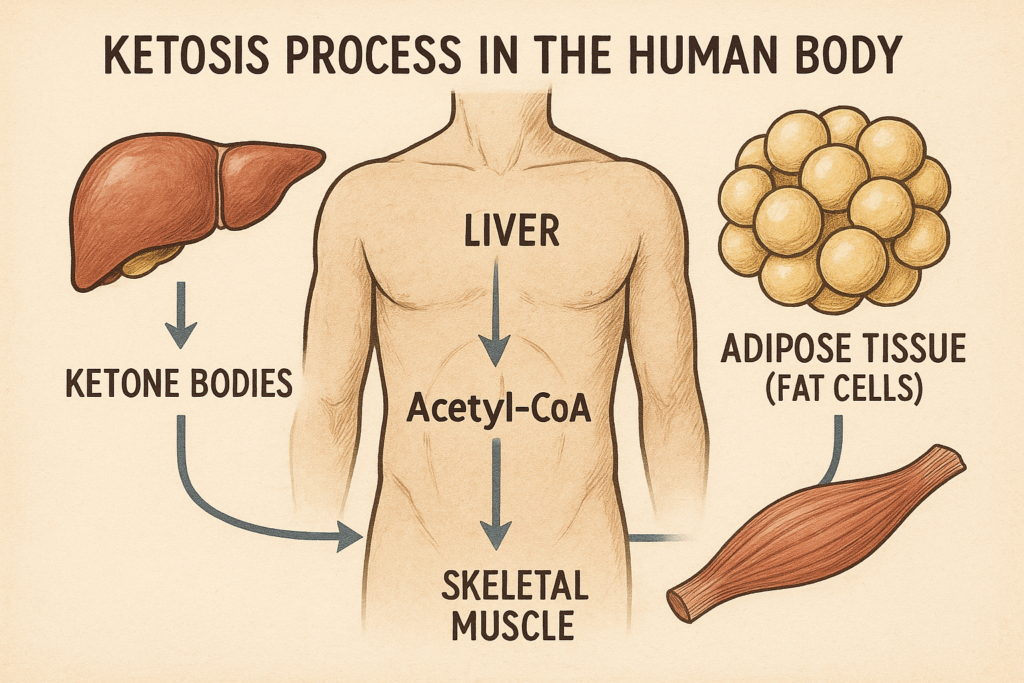
“The process of ketosis generates a radical change from glycogenolysis to ketogenesis, a change in the body’s energy metabolism”
Origins of the Ketogenic Diet
The ketogenic diet originated from medical practices in the early 20th century, primarily used to treat refractory epilepsy in children.
Since then, its evolution has made it popular among those seeking to enhance physical fitness, promote weight loss, and manage metabolic conditions.
Currently, research is ongoing to explore its therapeutic potential for conditions like type 2 diabetes, polycystic ovary syndrome (PCOS), and neurodegenerative diseases.
Benefits of the Ketogenic Diet
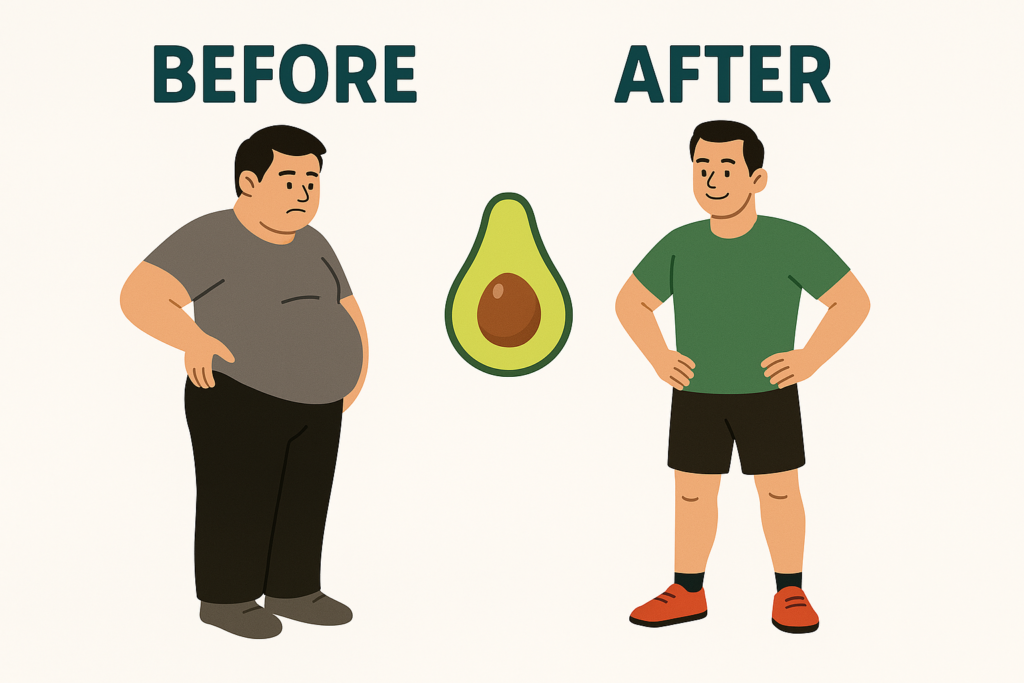
“If done correctly, the ketogenic diet becomes a powerful ally in weight loss, you can use your metabolism to your advantage.”
The ketogenic diet, popularly known as “keto,” has become increasingly recognized for its proven benefits.
Weight Loss
One of the primary advantages is weight loss through the induction of ketosis.
Studies show that individuals following keto tend to lose more weight compared to traditional diets while also experiencing increased satiety.
Diabetes Control
Reducing carbohydrate intake helps stabilize blood glucose levels, reducing insulin dependence. Many individuals with type 2 diabetes see notable improvements, sometimes even reversing the condition.
Cardiovascular Health
Keto can decrease triglycerides and increase HDL (good cholesterol), reducing the risk of heart disease, especially beneficial for individuals with family histories of cardiovascular issues.
Cognitive Function
Ketones provide an efficient alternative fuel source for the brain, enhancing mental clarity and overall cognitive function.
Advantages of the Ketogenic Diet
Quick Adaptation
Keto allows rapid metabolic adaptation, shifting the body into fat-burning ketosis efficiently.
Increased Satiety
Foods high in healthy fats offer prolonged feelings of fullness, reducing overall calorie intake and making the diet sustainable in the long term.
Enhanced Physical and Mental Performance
Keto diet followers report increased energy levels, improved mental clarity, and potentially enhanced physical performance due to efficient ketone-based energy utilization.
Disadvantages and Risks of the Ketogenic Diet
While effective, keto presents certain risks:
Nutritional Imbalances
Extreme carbohydrate restriction can lead to deficiencies in vitamins, minerals, and fiber typically found in fruits, vegetables, and whole grains.
Keto Flu
Initial adaptation often includes symptoms like fatigue, headaches, nausea, and irritability, collectively known as “keto flu.”
Health Concerns
Individuals with conditions like type 1 diabetes, pancreatic disorders, or eating disorders may experience adverse effects without proper medical guidance.
Professional consultation is recommended before beginning the ketogenic diet.
Allowed and Restricted Foods on Keto

Dietary discipline is a fundamental part of getting into and staying in ketosis.
This will determine the success of the diet!
Permitted Foods
- Meats: Chicken, beef, pork, fish
- Eggs
- Leafy greens: Spinach, kale
- Cruciferous vegetables: Broccoli, cauliflower
- Healthy fats: Avocados, olives, nuts, seeds
- Oils: Olive oil, coconut oil
- Moderate intake of dairy products: Cheese, cream
Restricted Foods
- Complex carbohydrates: Whole grains, beans, legumes
- Sugars and sweets
- Most fruits, except small portions of berries
- Processed foods and additives
Tips for Starting the Ketogenic Diet
- Plan meals, emphasizing low-carb, high-fat foods.
- Prepare and portion meals in advance to prevent deviation.
- Stay hydrated and maintain electrolyte balance (sodium, potassium, and magnesium) to minimize keto flu symptoms.
- Join support groups for motivation and practical advice.
Experiences and Testimonials
Positive Experiences
- Maria, a 34-year-old teacher, lost 12 kg in six months, reporting increased energy and reduced anxiety.
- Carlos, a 45-year-old engineer, significantly improved his type 2 diabetes management, reducing his medication.
Challenges
- Ana, a mother of two, struggled with diet adaptation and eventually abandoned it due to difficulty accommodating family meals.
Individual experiences vary, highlighting the importance of personalized evaluation.
Final Considerations
The ketogenic diet offers significant benefits for weight loss and metabolic health but should be approached cautiously due to potential risks.
Professional nutritional guidance is essential to ensure nutritional adequacy and a healthy transition into ketosis.
Ultimately, keto can be a powerful tool, though it’s important to understand personal goals and nutritional needs clearly before committing to this lifestyle.
Are you ready?
This is a challenging but very effective diet if you focus on your goal.
Want help getting started?
Today, we have some products that make it much easier to enter and remain in a state of ketosis.
See below for some options!

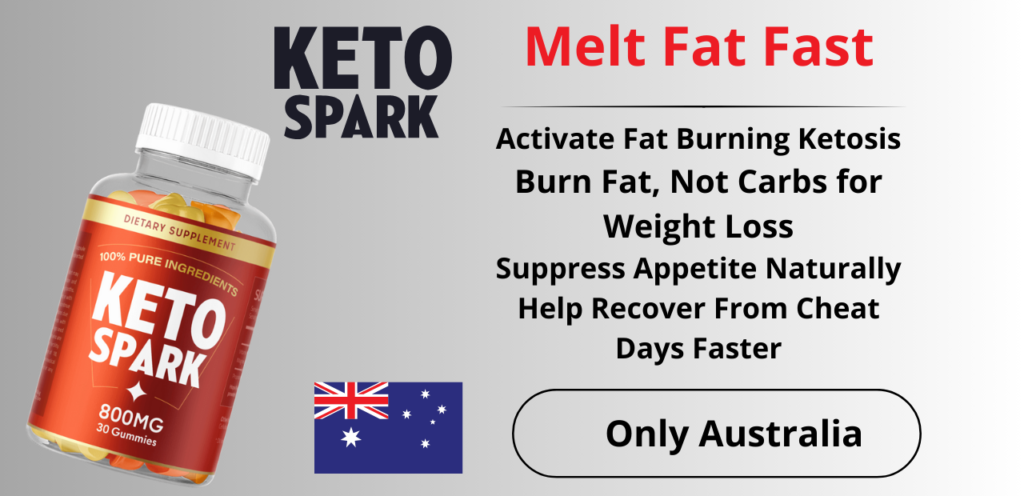
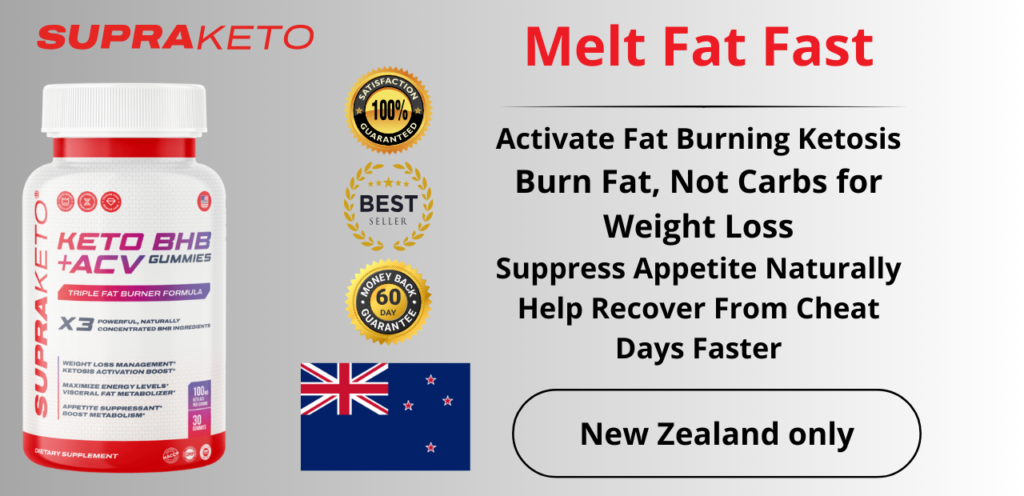

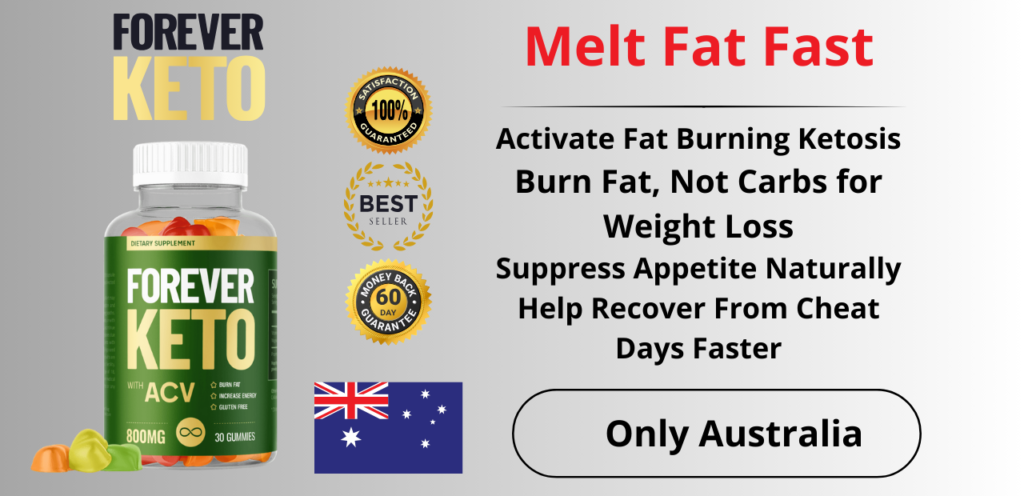
Deixe um comentário